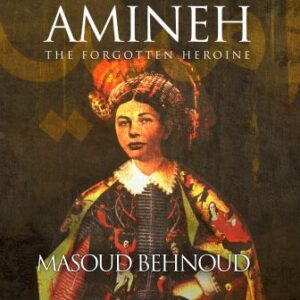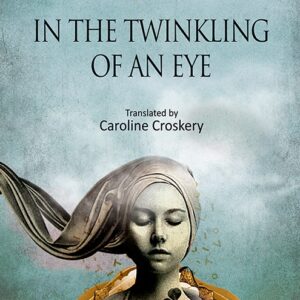The government has changed from a monarchy to a democracy by will of a king who had ascended to the throne by succession, and the people have attained the right to vote. But they are only permitted to elect from among the twenty-four sons of the late king, and entrust the affairs of the country to his care for terms lasting two years.
These princes, whose names each contain the prefix “Demo” (their grandfather’s name), rule over their country one-by-one — feasting, pillaging and plundering the country as much as possible, lining their pockets with enough cash to live out their days in luxury.
The princes see themselves with a one in twenty-four chance of being re-elected because they know that the people have no other choice than to choose one from among them. But as the behavior of the people is always unpredictable, none of the twenty-four princes are elected to a second term. The people vote for the twenty-fifth brother who had never previously been considered as a serious candidate for election.
This prince who suffers from physical, mental and emotional defects and shortages is known among the people by the nickname they gave him, Demo Crazy. He wins the election and rises to power against all odds and predictions of the other princes and even of the people who had voted for him.
The behavior and documented speeches of Demo Crazy are really astonishing, and even more unusual are the laws and regulations he exercised in ruling over the country. The question of whether or not the standard and conventional democracy in the world today is predicated upon the principles and methods that Demo Crazy carried out in this book is presented only as food for thought and not as a steadfast claim. The judgment and decision on this issue will be left to the reader.





